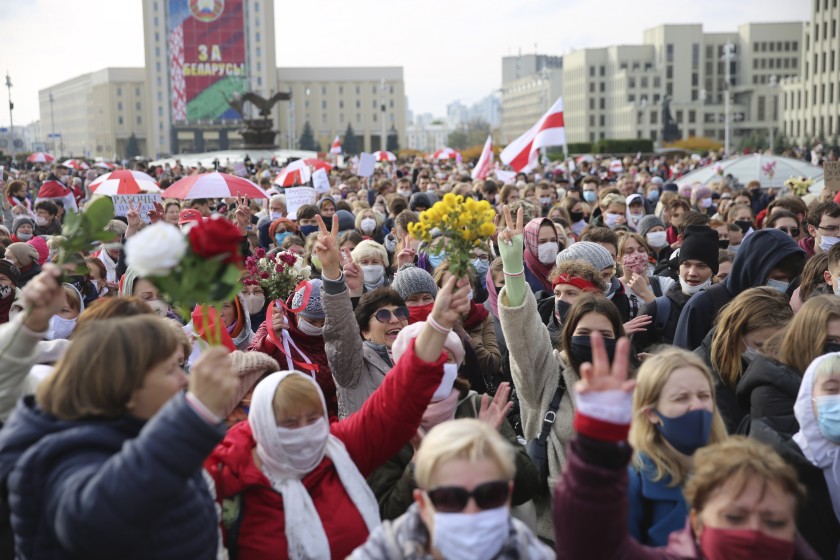In recent months, the #MeToo movement has been taking off in Iran. Many women, and some men, are recounting their experiences of sexual misconduct via social media. It started in August, when a group of female journalists posted a video sharing the sexual harassment incidents they encountered from either people they work with or interviewed. The police have arrested at least one suspect in connection to these accusations.
Since August, there has been more momentum with more women willing to share their stories, although most do it anonymously. There have been accusations against over 100 men, some prominent doctors, professors, and business owners. Among those accused is artist Aydin Aghdashloo, who has denied all claims made by former students and some journalists. In an interview with the New York Times, nineteen of his victims described him as the “Harvey Weinstein of Iran”.
The police claim to have arrested at least one individual who was accused by multiple women and are encouraging others to come forward and file a report. They have promised to respect their anonymity and assured them that they would not be charged with the consumption of alcohol or having extramarital sex, both of which are illegal in Iran, as a result of what they disclose.
An owner of a popular bookstore has also been arrested after over 30 women came forward, and he finally confessed to raping over 300 women. He will be charged with “corruption on earth”, which is a capital offense. The number of women, who have no prior connection to each other but who all had similar stories, was enough proof for an arrest in this case.
It is one of the first times that law enforecment has addressed claims of sexual harassment in this manner. Usually, there is a high-standard of evidence needed to prove coercion, such as bodily harm, and a lot of the time, the victim is shamed: if a woman fails to provide “sufficient” proof, she risks being charged with sexual activity outside marriage.
The environment of victim-blaming and the social stigma correlated with having sex outside of marriage has prevented many from filing a complaint and seeking justice. There is also a lack of legal procedures and clear punishments for such offenses. Iranian law has a very limited definition of rape, which still excludes marital rape and sexual harassment in the workplace.
There are no official reports or statistics regarding sexual abuse, however, it is believed to be a widespread issue in Iran. It is estimated that about 80% of rape cases go unreported. The #MeToo movement in Iran has, at the very least, helped start a conversation regarding sexual misconduct, in an empathetic and supportive environment through social media. It is steering away from Iran’s traditionally conservative ways, where even discussing sex is still a cultural taboo.
Photo source: https://www.nytimes.com/2020/10/22/world/middleeast/iran-metoo-aydin-aghdashloo.html






